What Is Mindfulness, and Why Do Younger Kids Need It?
You might have heard of mindfulness as a strategy to help adults feel less stressed. But what about for kids? It turns out that mindfulness can be just as beneficial for young children as it is for teens and adults. And teaching kids mindfulness during their formative years can equip them with an essential skill that can help them get through tough life experiences well into the future.
What is Mindfulness?
Mindfulness has been defined in many ways over the millennia it’s been in practice. One of the best-known definitions of mindfulness comes from Dr. Jon Kabat-Zinn, who was one of the first people to bring mindfulness to the world of Western psychology and medicine. He defined mindfulness as, “awareness that arises through paying attention, on purpose, in the present moment, non-judgmentally.”
To practice mindfulness is to practice staying present in each moment, no matter how joyous, comfortable, boring, or painful. Many people practice mindfulness by sitting in meditation. But mindfulness is much broader than just sitting meditation. You can practice mindfulness in every moment of your life — all that’s required is to pay attention to the present without judgment.
The Benefits of Mindfulness for Young Children
You may have associated mindfulness practice with adults — and the practice certainly helps lower stress (something that most adults need to learn to manage). But young kids experience stress and life difficulties, too. Learning a mindfulness practice can have powerful benefits for children as young as preschool age. In fact, young kids might experience even bigger benefits from mindfulness because their brains are still developing.
In research studies, mindfulness has been found to have benefits for children like:
- Reduces stress and anxiety
- Strengthens impulse control
- Increases self-awareness
- Improves self-esteem
- Strengthens and deepens relationships
- Improves focus
- Improves classroom behaviors
- Lessens emotional reactivity
A regular mindfulness practice strengthens the brain’s executive functioning. This is the part of the brain that is responsible for planning, problem-solving, and self-control. Young kids are in the middle of developing their executive functioning skills. Teaching them to practice mindfulness can be a great way to help them along in this process.
Mindfulness can also be an effective intervention for kids who live with mental or emotional health difficulties, including anxiety and attention-deficit hyperactivity disorder (ADHD).
How to Implement a Mindfulness Program for Younger Kids in Your School District
School is a place where most kids spend a large part of their day. Implementing a school-based mindfulness program for the students in your district is a great way to ensure that every child is able to benefit from this practice.
If you’re starting a mindfulness program for younger kids in your school district, keep the following tips in mind.
Model mindfulness
Kids learn by watching how adults behave. Rather than focusing only on teaching mindfulness lessons, work mindfulness into the way you teach in general. Model mindfulness. For example, take a mindful breath before transitioning into a new activity.
Be developmentally appropriate
Make sure mindfulness lessons are developmentally appropriate. Younger kids are still learning essential skills like impulse control. They probably won’t be able to engage in mindfulness exercises that ask them to sit still and focus for long periods of time.
Invite parents to participate
Parents are important figures in young children’s lives. And younger kids tend to spend more time at home than older ones. Find ways to invite your students’ parents to participate in mindfulness lessons. That way, they can continue modeling and teaching mindfulness to their kids even at home.
Make it engaging
Lastly, don’t present mindfulness as a boring practice that kids are required to participate in. Make it fun, and give your students as much of a choice as possible.
School-Based Mindfulness With Calm Classroom
Calm Classroom is one of the nation’s largest providers of school-based mindfulness. We can help your district’s leaders to set up a mindfulness program for young students at your school. Get in touch with us today to learn more about our effective, trauma-informed program!





SIGN UP FOR OUR NEWSLETTER